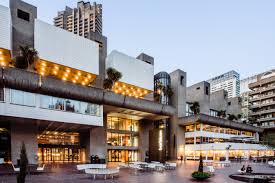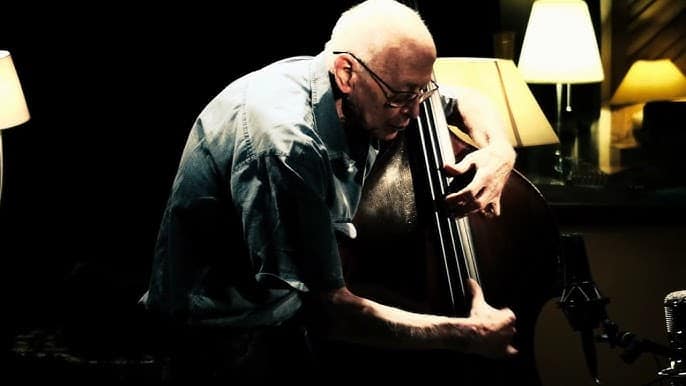Unsold London tickets to be given to the poor
NewsThe BBC reports that up to 50,000 unsold tickets to live arts will be distributed to people who cannot afford to go, starting next month.
The scheme, called The Ticket Bank, will see arts organisations work with charities to distribute tickets…. The Almeida Theatre, Barbican (pictured), Bush Theatre, Gate Theatre, The National Theatre, Roundhouse and Tara Theatre have signed up.
This is a new take on an old scheme where unsold concert tickets were once given to a hospital porter called Frank, who handed them out to nurses and other low-paid NHS staff for their nights out.






Not that I’m cynical or anything, but take an NHS nurse or junior doctor in his or her first year of employment, think just a little about the low wage and hugely strenuous, often dangerous conditions (mental health not just Covid-19), and ask if that person even has the energy to get over to the Barbican for a Beethoven symphony or whatever, and then find the way back home.
It’s just bums on seats. If you can not sell the tickets you can not give them away either. It does nothing to build future audiences.
Wow-what a cynical take on this.What better gift for a stressed out essential worker than a few hours to lose themselves in the joy of music or the theatre.No finer way to recharge your batteries. A concert hall or theatre can be a sanctuary for anyone struggling-no matter what the circumstances may be. Perhaps you should attend something and get a little perspective
There is already a national version of this scheme – Tickets for Good – that gives donated tickets to NHS and blue-lights service workers. As a promoter who’s used it, there is some truth to what La Plus.. says about take-up often being quite low. We found that we had greater take up (and more return bookers) through a free ticket scheme administered directly by us than through one administered by a third party.
“Let’s share the joy of music, a nourishment of the soul to people who typically don’t have the means to appreciate it!”
“Will it make the concert hall money in the future??”
What an appropriate time of year to sound like Ebenezer Scrooge! Perhaps “La voix la plus laide” would be a more truthful username.
Exactly! Hiding behind a pompous name as well, and your own self- image of NHS workers and professionals.
What a cynic! I’m speechless for once.
A splendid initiative in these troubled times. Presumably a physical ticket is involved? Those most benefitting from the scheme are unlikely to possess iPhones.
If it gives the homeless somewhere to warm up for a couple of hours, so much the better. One hopes that they will not be treated as pariahs by the paying audience.
Nothing new here. It’s called papering as was reported in The Guardian yesterday. The theatre does not lose as it is giving away seats which are unsold and the company has a decent audience to play to.
Yes, the performers have a decent audience- just as important.
Very laudable. If the arts are having trouble selling the seats, might it not be more useful to give tickets to those who might, as a result of the experience, actually buy a ticket at a future date?
Or maybe we can just let those who get the free tickets enjoy the show? Without worrying if they can afford a future ticket or not? Lighten up!
“Given to the poor” sounds a bit Victorian. You don’t have to be “poor” to think twice about buying concert or theatre tickets, and there are many people who are “just managing” e.g. with the help of foodbanks, who would probably love to have this opportunity – as well as others who will welcome being with others in a warm place, enjoying high quality performances.
There is the poor and those not well off. Very different.
A great idea. Papering it may be but this is papering with a social conscience. What does it matter if those taking advantage of the scheme come back paying full price? Most if not all are unlikely to be in a position to pay those prices. The fact that they will have been exposed to an art form and may have been affected by it is surely enough.
‘The BBC reports…’
The number of times I have sat on stage at a sparsely-populated Barbican Hall and wondered why the heck the BBC weren’t doing more to get those empty seats filled as part of an education initiative. I put this, or at least the question about audience sizes, to a BBC manager once and he said (in effect) ‘Oh, we’re a broadcasting orchestra, our audience is on the radio’. He might have added ‘in three weeks’ time at 3am in the morning’.